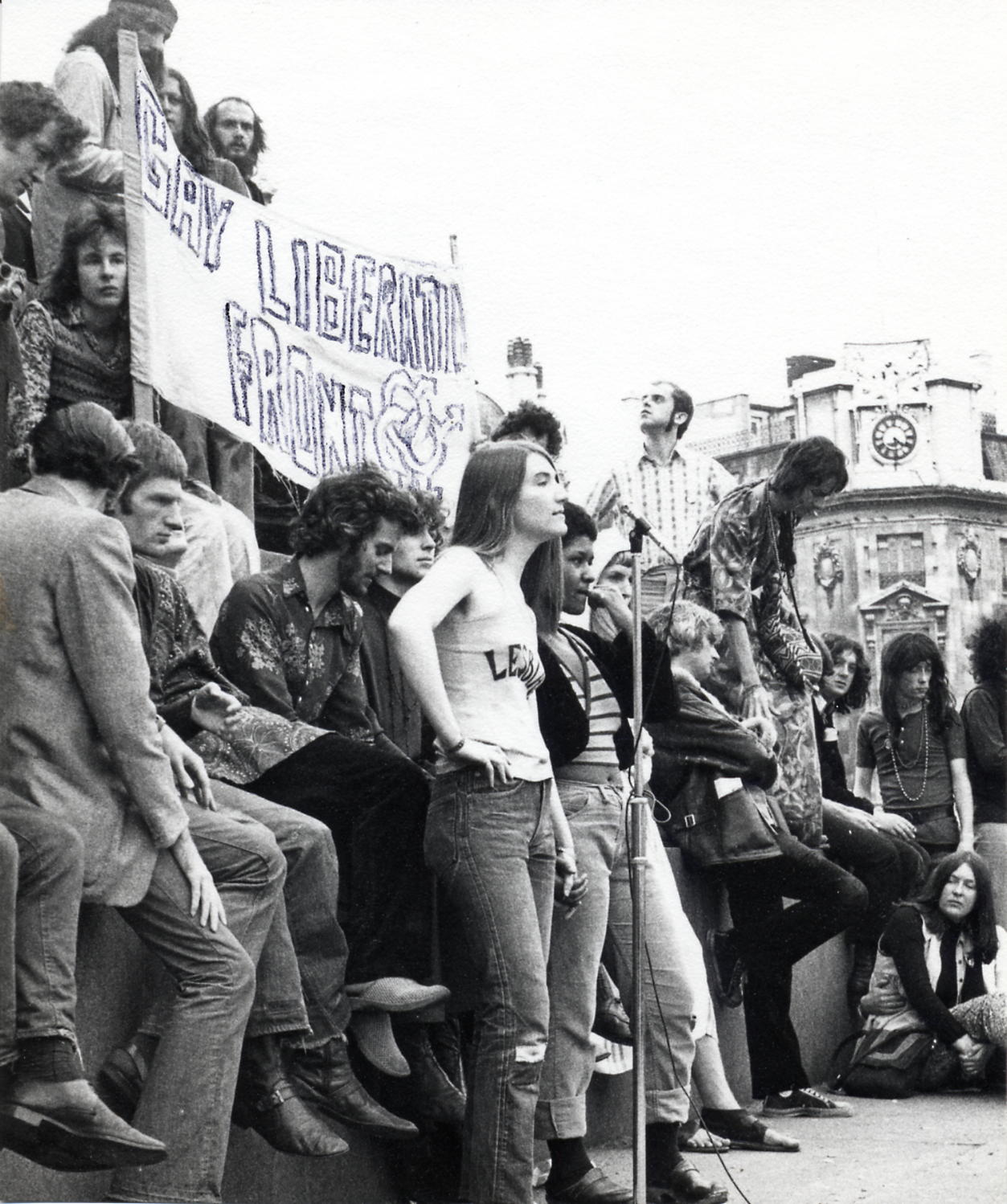This weekend London will be ‘Loud and Proud’ as World Pride comes to the capital. John Peart, LSESU LGBT Officer, discusses the relevance of the Pride movement today. He argues that though flamboyant images of the Pride march might perpetuate certain stereotypes, it is essentially a protest that is still very much needed. John encourages everybody to “don their rainbow flag” and join the march this weekend!

The Stonewall Riots of 28 June, 1969, marked the start of a revolution for lesbian, gay, bisexual and trans rights and since the 1970s, the LGBT community has annually taken to the streets in defiance of homophobia and discrimination. Now, in 2012, Pride events take place in hundreds of cities across dozens of countries every single year. But, as London celebrates 40 years of Pride events, and prepares to host World Pride this weekend, some are beginning to question the purpose of Pride and wondering whether, contrary to promoting the case for equality, such events are starting to do more harm than good to the LGBT community.
On Friday, Topher Gen, published a comment piece on Pink News – Europe’s largest Gay news service – arguing that instead of being a useful campaigning event to affect change for the LGBT community, Pride “is little more than a giant excuse for corporate marketing and a bit of drunken fun” and that it entrenches the idea that “homosexuals are hedonistic, sex-crazed deviants”. In effect, Gen seems to be arguing that if gay people want to stop being treated differently, then they should just stop being different.
It may well be a fair comment that Pride has become too commercial – in fact, I have lost count of the times I’ve read the phrase ‘commercially viable’ in press statements from London Pride’s organising body over the past few days – and it may be the case that images of Pride are extremely colourful, flamboyant and not everyone’s cup of tea, but that certainly isn’t a good argument for either toning down people expressing themselves, or giving up on holding Pride events.
We must not forget what Pride is designed to do; it’s a protest. A protest that dates back to the Stonewall Riots. A protest for a future where we, as a community, are equals with the rest of the world. It’s about showing the world that some people are different, about celebrating those differences and, despite some people’s reluctance to accept the concept, the entire point is to ‘wave it in people’s faces’.
Those that question the point of events like Pride need to think again.
This week, the Ukrainian Parliament is debating laws that make even the discussion of homosexuality illegal. St Petersburg, in Russia, have already legislated on similar issues, and arrests have been made. These laws are homophobic laws, pure and simple, but the people that made them didn’t make them because some guys put on a dress and joined a flotilla at a Pride event; there are many more factors influencing people’s attitudes towards the LGBT community than a Pride event. And yes, those images might be the ones that appear in the media, because they sell the papers and capture the viewers, but it’s a fallacy to suggest that Pride is happening in isolation from the rest of the world and that these are the only images people see – if people want to portray the LGBT community in a bad light for their own ends, they’ll find a way.
There are more positive images of the LGBT community in the media, and beyond, than there have ever been before. But more than that, what is wrong with people seeing LGBT people for who they are? I refuse to accept the argument that we should all change who and what we are for the sake of not offending the sensibilities of others that can’t see past the rainbow flags. Pride may reinforce stereotypes – or even create them – but we don’t make stereotyping any less of an issue by stopping Pride events, and we certainly won’t stop homophobia and transphobia by having us banished to Soho, never to stray beyond its postcode boundaries.
In some ways, Topher Gen is right. Pride is a hindrance. But not in the way he thinks. It’s a hindrance because, too many times, the LGBT community only speak out at events like Pride. Instead of fighting against events like Pride, we should be looking to show we are proud far beyond one day a year. Proud to be different. Proud to be fighting for a better future. Proud to be LGBT.
So this weekend, don’t hide behind your sofas. Embrace who you are, don your rainbow flag, and go join the march. Because Pride is for everyone that’s never fitted in or been bullied or ostracised because they were different. Pride is for you.
 John Peart is the LGBT Officer at the LSE Students’ Union. He is now in his third year at LSE, studying for a BSc in Government. John was previously a student officer at a further education College in Somerset and a member of the National Union of Students National Executive Council until July 2011.
John Peart is the LGBT Officer at the LSE Students’ Union. He is now in his third year at LSE, studying for a BSc in Government. John was previously a student officer at a further education College in Somerset and a member of the National Union of Students National Executive Council until July 2011.




4 Comments